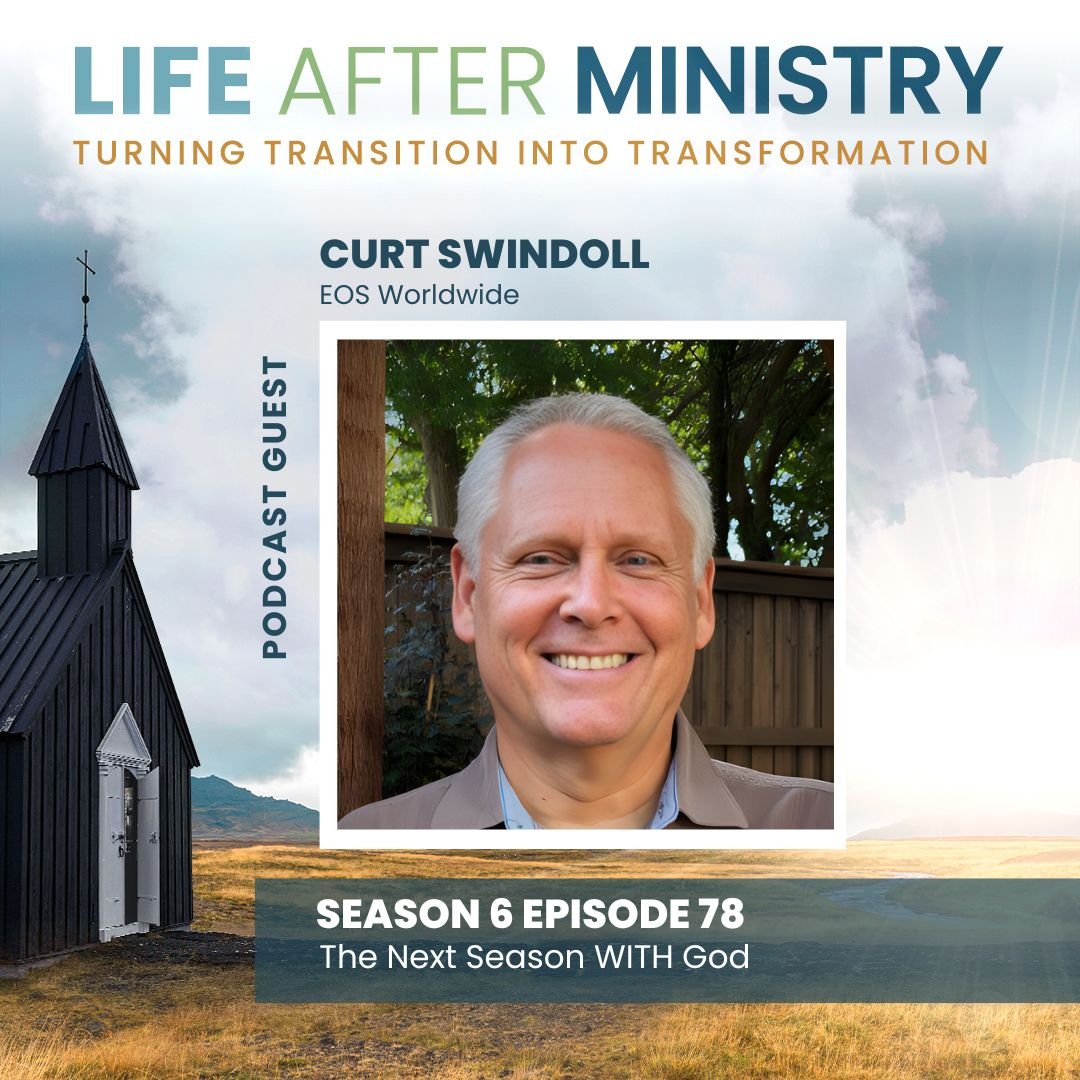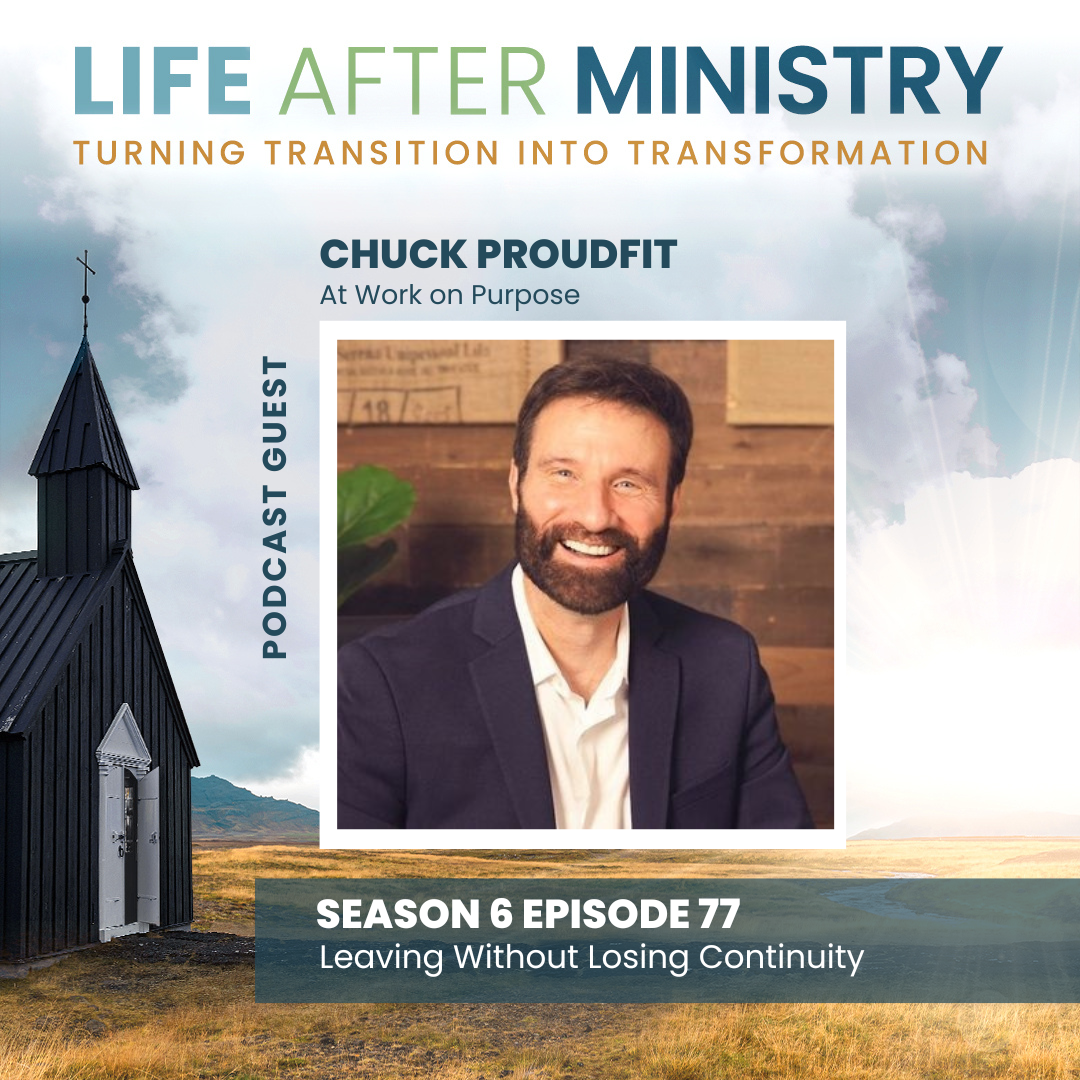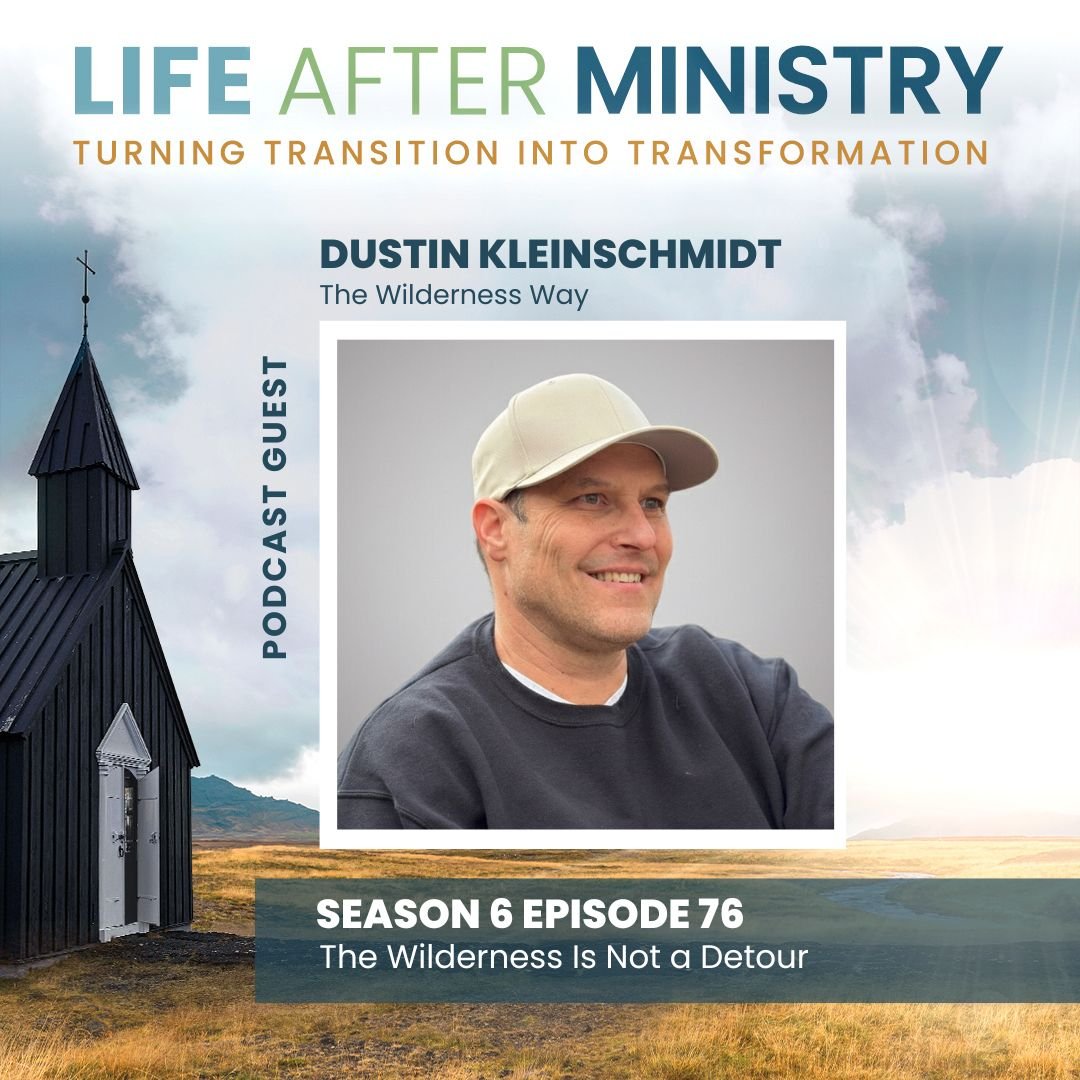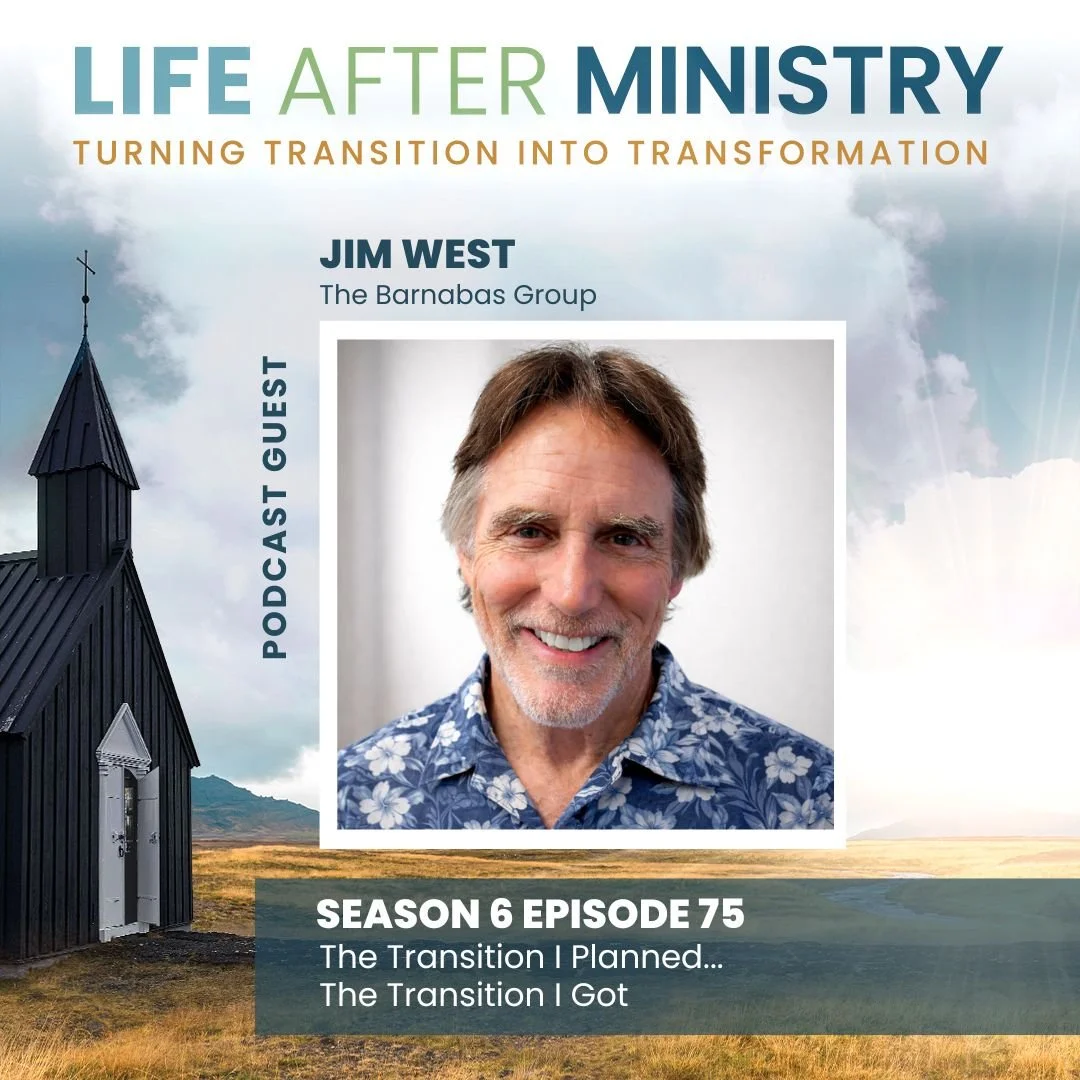The Cost of Integrity in Ministry Leadership
There comes a moment in every leader’s life when values and security collide. For ministry leaders, that collision is rarely hypothetical. It may come as the boardroom closes in with competing agendas. It may come in the counseling office when a hard truth needs to be spoken. It may come in the late-night realization that the institution you’ve given your life to is more committed to self-preservation than to repentance.
Integrity always costs something. And yet, losing integrity costs even more.
In recent years, churches and ministries have faced painful public reckonings when leaders chose image management over truth-telling. But for every high-profile headline, there are countless pastors, staff members, and board members who feel the quiet weight of knowing something isn’t right - yet wondering what it will cost to say so. The temptation is strong: stay silent, keep your job, preserve stability. But Scripture and history show us that when leaders forsake integrity, the ripple effects wound generations.
So how do we hold fast to integrity when the cost feels unbearable? And what does it mean to lead faithfully in seasons when the wilderness feels like the only path forward?
Integrity as the Foundation of Leadership
Integrity is more than honesty. It is a wholeness of character - a life aligned so that what we say matches what we do. Proverbs 10:9 reminds us: “Whoever walks in integrity walks securely, but whoever takes crooked paths will be found out.” Integrity creates security, not in the sense of protecting our paycheck or platform, but in the sense that our soul remains intact even when external security falls apart.
The challenge is that integrity often collides with institutional preservation. When systems are built to protect reputation, brand, or financial stability, leaders face the pressure to look away, minimize, or delay the truth. But the cost of that avoidance always compounds. What’s hidden in darkness festers until it comes into the light.
Daniel in Babylon models this kind of costly integrity. When pressured to compromise his worship practices, he chose faithfulness to God over alignment with power. His stand cost him safety, even leading him into the lion’s den. Yet God preserved him, and through his integrity, the witness of God’s people expanded.
For ministry leaders today, Daniel’s example raises the same question: Will I trust God enough to let Him defend my integrity, even if it costs me my position?2. Why Pastors Stay Silent
Why don’t ministry leaders talk about retirement? The reasons are layered and human.
Fear of perception. Pastors worry they’ll be seen as greedy if they raise questions about money.
Shame. Many leaders feel embarrassed to admit they haven’t saved or don’t understand financial planning.
Scarcity mindset. The church culture has long carried an unspoken rule: spiritual leaders must sacrifice materially to prove their devotion.
Lack of solutions. Even when boards recognize the issue, they often don’t know what tools are available to provide for leaders.
The silence leaves both pastors and churches unprepared. By the time the conversation finally surfaces - often when a leader is in their mid-60s - the window for planning is painfully small.
The Temptation of Preservation
Institutions are not inherently evil. Churches, boards, and ministries exist to preserve mission and extend impact. But when the preservation of the institution outweighs truth-telling, leaders step onto dangerous ground.
The Pharisees of Jesus’ day embody this danger. They were not cartoon villains; they genuinely believed they were safeguarding Israel’s faithfulness. Yet in protecting the institution, they missed the Messiah in their midst. Their desire to preserve power blinded them to the God they claimed to serve.
When leaders today are confronted with moral failure, financial mismanagement, or hidden abuse within their institutions, the reflex toward silence or spin is strong. But preservation without repentance always leads to rot. True preservation of God’s mission requires confession, humility, and accountability.
For boards and executive leaders, this means asking hard questions:
Are we more concerned with reputation than repentance?
Are we prioritizing image over integrity?
Are we protecting the vulnerable, or are we protecting the powerful?
The Wilderness as God’s Classroom
One of Scripture’s recurring themes is the wilderness. From Israel’s desert wanderings to Jesus’ forty days of fasting, the wilderness is a place of stripping away, where false securities are revealed.
For many leaders, choosing integrity leads directly into wilderness seasons. The pulpit is gone. The paycheck is gone. The friendships and networks you once trusted feel fractured. And yet, it is in the wilderness that God does His deepest work.
Deuteronomy 32:10 offers a profound picture: “He found him in a desert land, in the howling waste of the wilderness; he encircled him, he cared for him, he kept him as the apple of his eye.” In Hebrew, the phrase “apple of his eye” literally means “the little man of his eye” - the reflection you see when standing close enough to look into another’s pupil. In other words, the wilderness is not abandonment. It is intimacy. God draws close enough that we see ourselves reflected in His gaze.
For leaders who have lost ministry platforms or security for the sake of integrity, this truth matters: The wilderness is not wasted. It is God’s classroom. It is where He reshapes our identity, teaches us dependence, and prepares us for the next season of faithfulness.
The Ripple Effects of Integrity
One of the hidden costs of choosing integrity is the impact on our families. Spouses and children often bear wounds from decisions they didn’t make. They feel the sting of betrayal, the dislocation of moving, the loss of community. Leaders cannot assume that their healing automatically covers their family’s healing.
Each person must walk their own journey. Wise leaders invite their families into intentional spaces of healing—counseling, honest conversation, and naming what was lost.
And yet, the ripple effects of integrity also extend in hopeful directions. When children see parents stand for truth even at great cost, they internalize a faith that is not cheap. When congregations witness leaders confess sin or resign positions out of conscience, they catch a glimpse of what accountability can look like in the Kingdom of God. The witness of integrity does not end with one leader’s story; it ripples outward to shape communities for generations.
Living Between Ambition and Formation
For leaders who return to ministry after wilderness seasons, the struggle often shifts: How do I lead without being consumed by ambition? How do I pursue health without settling into passivity?
This tension is not new. The Apostle Paul lived it daily. On one hand, he pursued impact relentlessly, planting churches, writing letters, strategizing mission. On the other hand, he embraced weakness, boasting not in results but in the sufficiency of Christ’s grace (2 Corinthians 12:9).
Healthy leadership requires holding both ambition and formation together. Ambition without formation leads to burnout and abuse. Formation without ambition leads to stagnation and neglect. The Spirit invites leaders into a life where ambition is purified by formation, and formation is animated by Spirit-driven mission.
How to Choose Integrity in Your Transition
If you are a leader standing at the crossroads of integrity, here are a few guiding practices:
Name Your Values – Write down the values that are higher than the chaos. When the noise is loud, clarity will come from knowing what you will not compromise.
Seek Wise Counsel Outside the Institution – Find mentors, therapists, or spiritual directors who can speak truth without the pressures of organizational loyalty.
Consider the Ripple Effects – Integrity costs more than your job. It impacts your family, congregation, and future witness. Count the cost, but also count the potential for legacy.
Prepare for the Wilderness – If integrity leads you into obscurity, do not mistake it for God’s absence. The wilderness may be your place of deepest encounter.
Trust the God of Resurrection – Integrity may bury your current future, but resurrection is God’s specialty. What dies in faithfulness is raised in power.
Closing Reflections
The Church does not need more leaders who protect institutions at the expense of integrity. It needs leaders willing to bear the cost of truth, trusting that God will meet them in the wilderness. Integrity is not a strategy for success. It is the path of faithfulness, even when it ends in loss.
But loss is not the end. In Christ, every Good Friday yields to Easter. Every wilderness season becomes the ground of renewal. Every choice of integrity becomes a seed planted in the soil of God’s Kingdom.
If you find yourself at that crossroads, take heart: you are not alone. There are guides, resources, and a faithful God who sees you, keeps you, and will carry you through.
For leaders walking through transition, MinistryTransitions.com is here to walk alongside you. Whether you’re discerning your next step, navigating a succession, or wrestling with the cost of integrity, you don’t have to carry it alone. Reach out, and let’s walk this road together.
With 25+ years in faith-based executive leadership, Matt Davis knows the wins, the losses, and everything in between. As Executive Pastor, he led a team of 140+, tackling the challenges that come with big vision and real impact. As President of Ministry Transitions, he guides churches through tough leadership changes. Matt and his wife, Marilee, host the Life After Ministry Podcast, where they dive into real talk with former pastors who’ve found their kingdom assignment beyond church walls - unfiltered stories of grit, growth, and God’s purpose beyond the pulpit.







